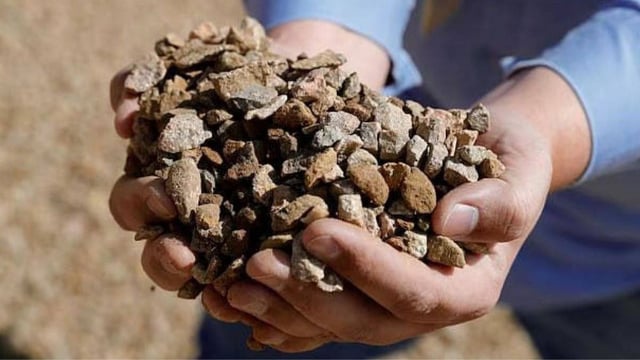Overview
- London talks in June extended a 90-day tariff truce but left export restrictions on specialized samarium magnets needed for U.S. fighter jets and missile systems unresolved.
- China committed to fast-track approvals for non-military rare earth export applications, offering six-month licenses and a green channel for trusted U.S. firms.
- Chinese negotiators tied lifting of curbs on military-grade magnets to U.S. export controls on advanced AI chips, a linkage U.S. Treasury Secretary Scott Bessent said did not involve any quid pro quo.
- Both sides signaled plans to extend existing tariffs beyond the August 10 deadline, dimming prospects for a broader U.S.-China trade agreement this summer.
- In response to Beijing’s mineral leverage, U.S. officials are boosting domestic rare earth production while partners like India seek alternative suppliers and develop their own capacity.


